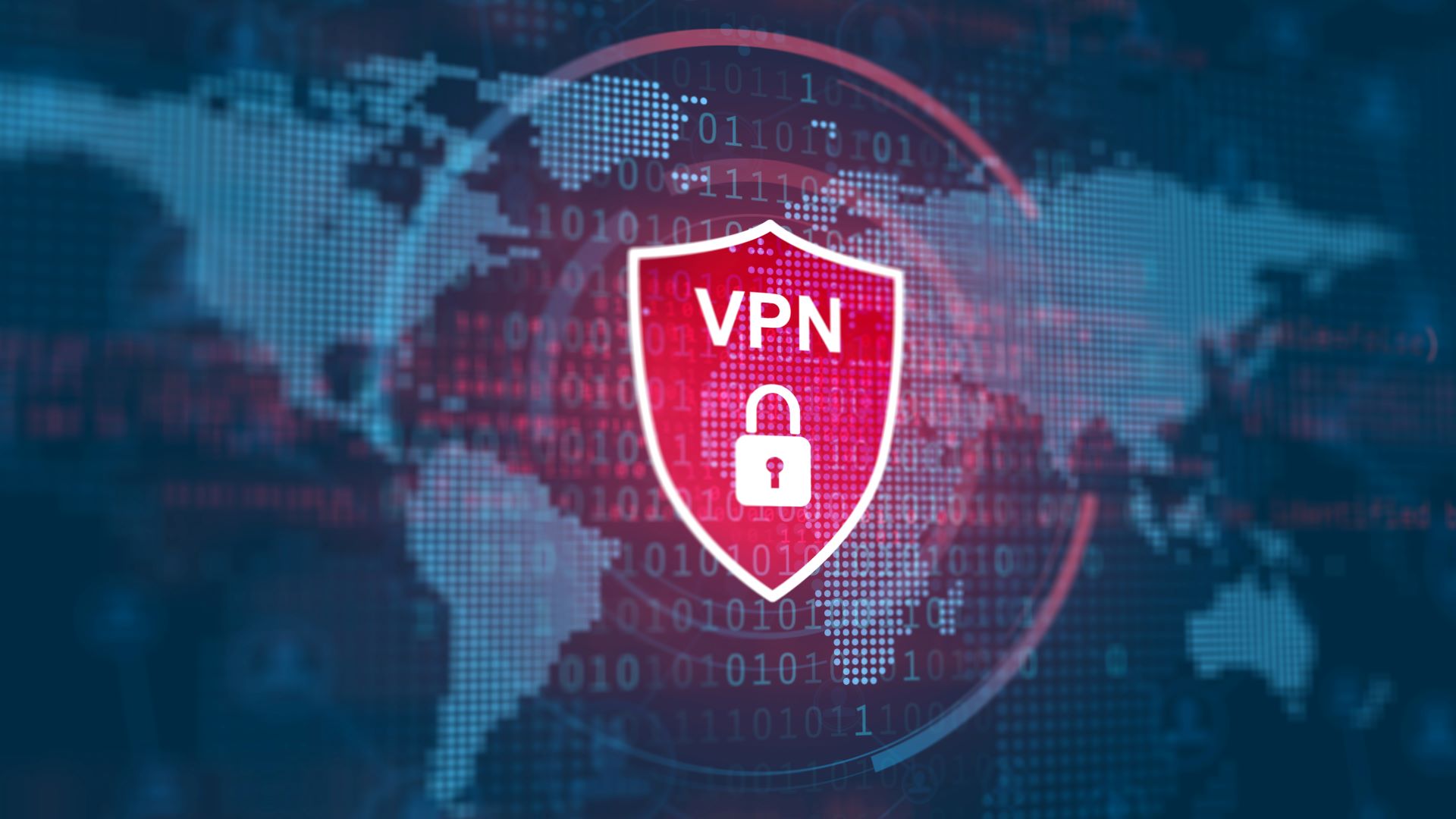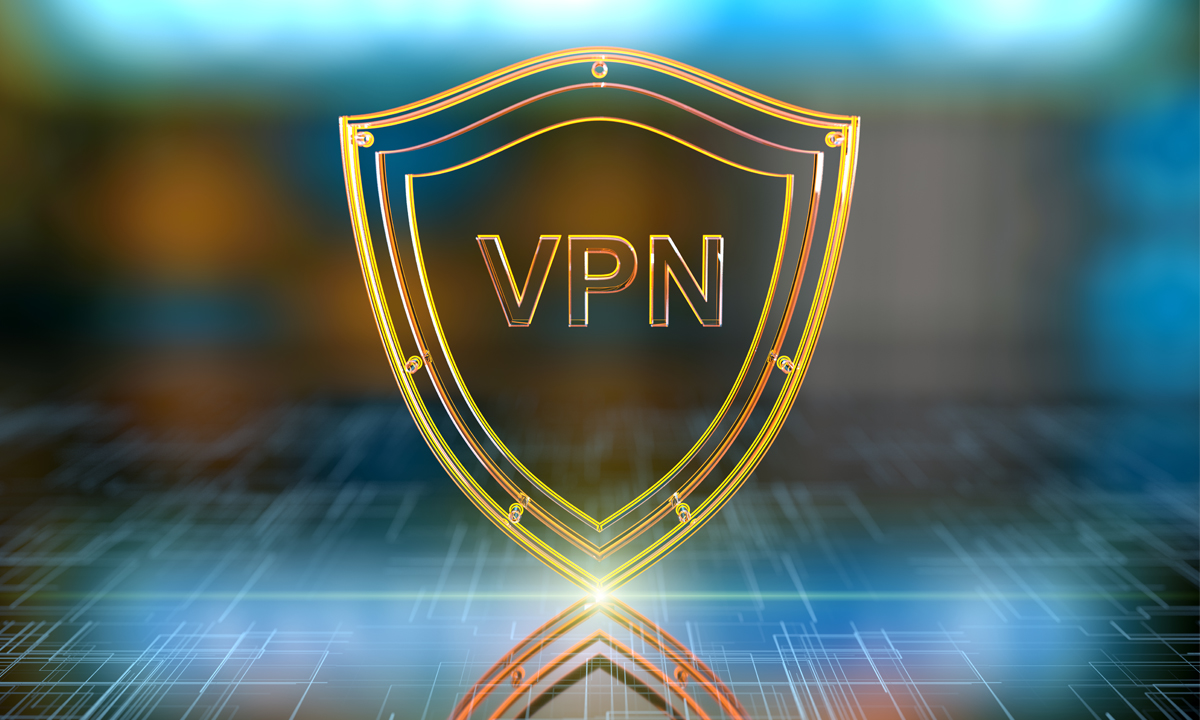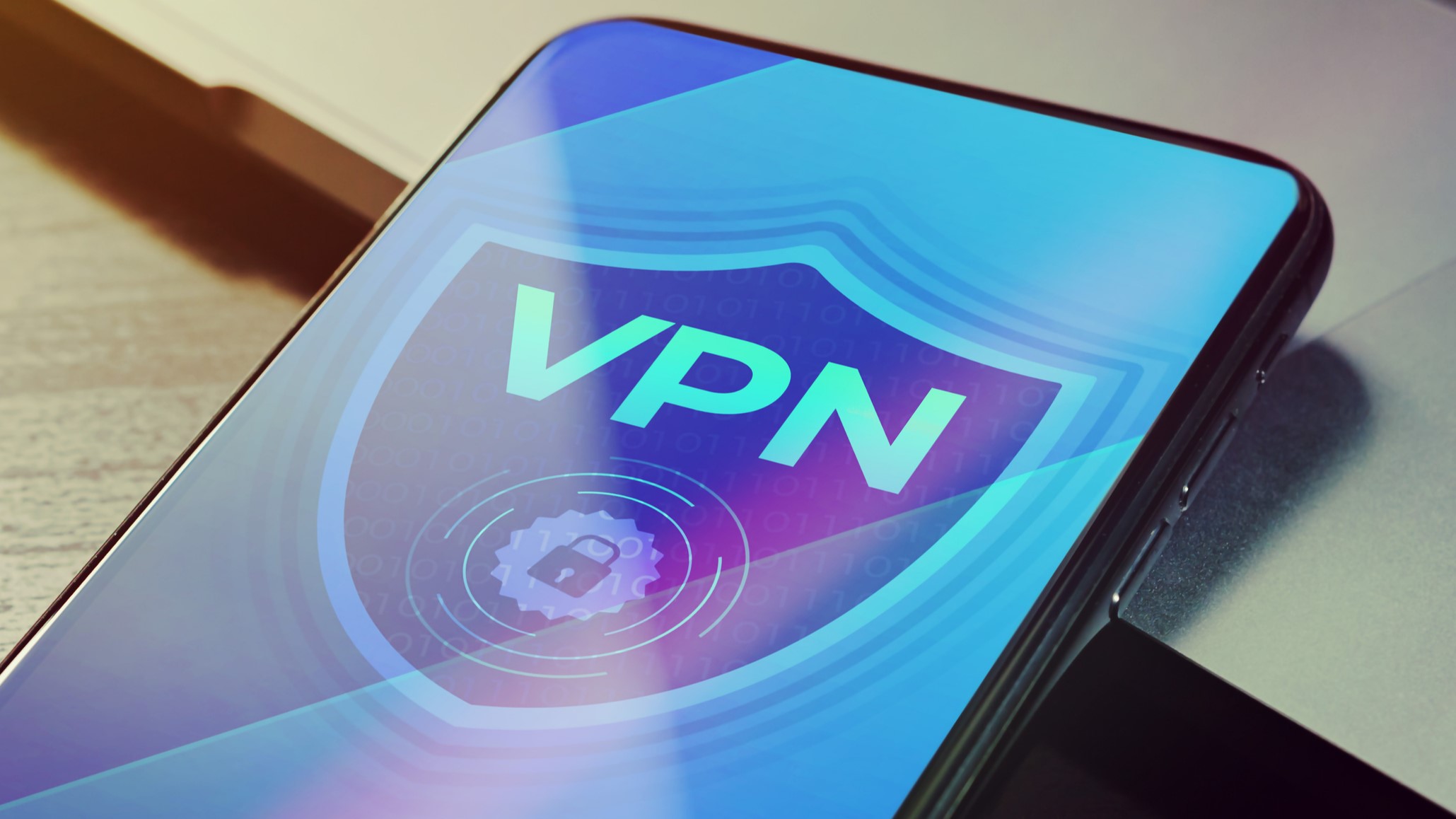
Given that VPNs are an important privacy tool, there's no point in using one that you don't trust. This is a company that you are entrusting with a massive amount of your data – information that many unscrupulous companies would sell in a heartbeat.
However, when it comes to the best VPNs, protecting that data – and never collecting it in the first place – are at the core of their business models, so what is it that really fills us with confidence? Here at Tom's Guide, we have the evidence from our extensive VPN testing process, but it can still be tricky for you to work out if you're signing up to the real deal.
Here, I'll run down the five most important things to keep an eye on when picking a quality VPN that you can really trust.
A no-logs policy

Arguably the most important sign of a trustworthy VPN is its "no-logs" policy, a promise that it doesn't log any data from users or their traffic. There's not much point in using a VPN to boost your privacy if you're just surrendering your information to a different third party than normal. If you can, read through a provider's privacy policy to be certain that they don't log any user data.
Having no logs not only increases the privacy of using a VPN, but also means there's nothing for hackers to access should the VPN server be breached, or anything for the VPN to hand over if they're taken to court. A win-win.
Many VPN providers claim to have a "no-logs" policy, but not all of them have had it backed up by an independent party. Which brings us to...
Independent audits
There's nothing like getting an independent third-party view on things, and it's the same when it comes to VPNs. Many providers that feel confident with their offerings invite auditors to come and evaluate their promises.
Audits are usually focused on the privacy of a VPN provider, especially if it has a no-logs policy. For example, at the start of 2024, NordVPN passed a fourth audit of its no-logs policy.
Some providers even end up having their policies proven in other, more public ways. Private Internet Access (PIA), for instance, has had its no-logs proven in policy in court. The VPN was compelled to give data on a user, but it was unable to due to not having collected anything in the first place.
Consistent branding

This rule goes for all companies really, not just VPN providers, but make sure their naming and branding is consistent across multiple platforms. We've seen some more spurious VPNs go by one name on their website and then link to the app store listings of differently named products. Is it described as a VPN sometimes and a Proxy at other times? That's a massive red flag.
On the subject of branding, feel free to be superficial when judging a provider's website. If it's full of typos, HTML glitches, or just looks unprofessional then you probably want to take your business elsewhere.
A money back guarantee
Pretty much all of the top VPN providers offer at least a 30-day money back guarantee if you're unhappy with the service. As well as being an incentive to give the service a try (after all, what's the harm?) this suggests that a provider has confidence in its product.
Be aware of the different payment methods that providers offer too. Top VPN companies have plenty of payment options and even cryptocurrency plans. If a VPN provider is taking money only by wire transfer or solely by crypto, it's probably worth avoiding.
Of course, none of this is to say that the best free VPN services can't be trustworthy either. One of our biggest green flags for a free service is that it has a paid version to upgrade to. That suggests that it doesn't sustain itself by selling user data.
Human customer support

Customer support is an often overlooked factor when signing up for any service but given the technical nature of VPNs, it's important. Something we place great value on is how easy it is to speak to a real human being (normally on live text chat) and not an automated bot. We've had positive experiences with customer support from major names like NordVPN, ExpressVPN and IPVanish.
Before signing up for a deal, look at a provider's site and see what the support looks like. Are there clearly signposted ways of contacting customer support? Are there plenty of written articles for common questions and issues? Good customer support is great for customer retention, so if a company isn't focused on it, maybe they're just looking for a quick buck.
Also look to see when an app's last update was. Is it being kept up to date or left to rot?
Well-reviewed by trustworthy sources
Of course, you should always check our reviews of a VPN before signing up for a VPN. Speaking honestly, if we or another major site haven't reviewed it then it's probably not worth considering. We often see new VPNs pop up unannounced with millions of users that we really wouldn't recommend.
As well as expert reviews, have a look at what people say across the wider internet. The subreddit r/VPN has some very useful real-life experiences from ordinary users and experts who have been living with specific apps for years.
App Store reviews should always be taken with a grain of salt, but they are at least a reasonable initial indicator of an app.







